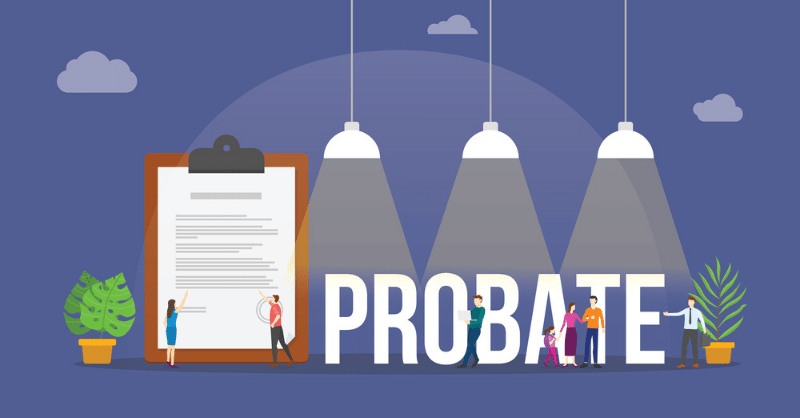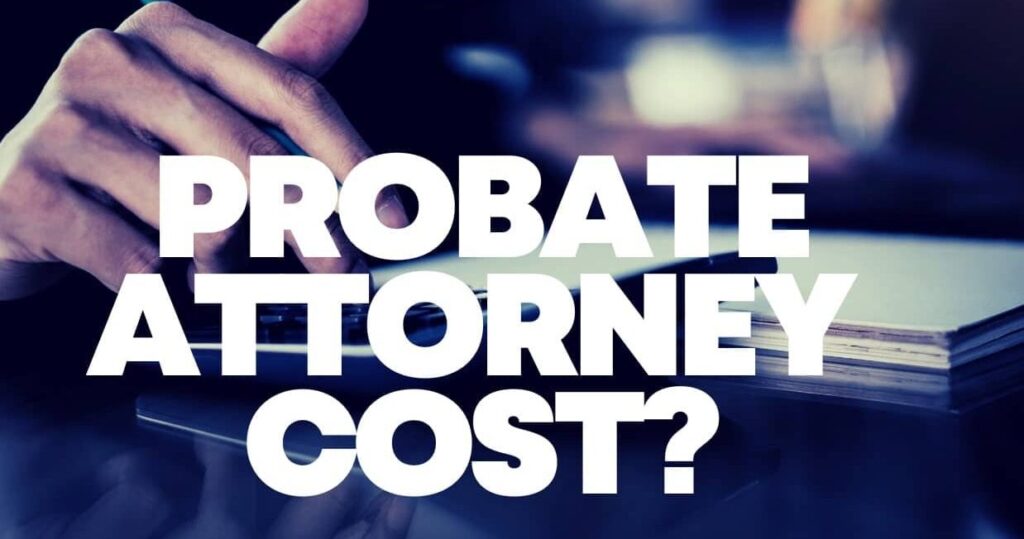Understanding the Probate Timeline in Texas
The probate timeline in Texas can vary significantly based on the complexity of the estate and the court's schedule. Typically, the process begins with the filing of the will, if one exists, and can take several months to over a year to complete. Executors should be prepared for potential delays due to disputes among heirs or complications in asset distribution.
For instance, if the estate includes real estate or business assets, additional steps may be required to appraise and transfer ownership. Understanding this timeline can help families plan accordingly and reduce stress during an already difficult time.
Common Mistakes to Avoid During the Texas Probate Process
Many individuals encounter pitfalls during the probate process that can complicate matters further. Common mistakes include failing to notify all heirs, not keeping accurate records of estate expenses, and misunderstanding the legal requirements for asset distribution. Avoiding these mistakes is crucial for a smooth probate experience.
For example, neglecting to inform a potential heir can lead to legal challenges and delays. Executors should consult with a probate attorney to ensure compliance with Texas laws and to navigate the complexities of the process effectively.
Tax Implications of Probate in Texas
Probate can have significant tax implications for the estate and its beneficiaries. In Texas, while there is no state inheritance tax, federal estate taxes may apply depending on the value of the estate. Understanding these tax responsibilities is essential for executors to ensure compliance and avoid unexpected liabilities.
Moreover, certain exemptions and deductions may be available, such as those for debts owed by the deceased or expenses incurred during the probate process. Executors should work closely with a tax professional to assess the estate's tax situation and plan accordingly.
How to Choose the Right Probate Attorney in Texas
Selecting a probate attorney is a critical decision that can significantly impact the efficiency of the probate process. When choosing an attorney, it’s essential to consider their experience in Texas probate law, their communication style, and their fees. A knowledgeable attorney can guide you through the complexities of probate and provide peace of mind.
For instance, an attorney with a strong background in real estate probate issues can be particularly beneficial if the estate includes property. It's advisable to schedule consultations with potential attorneys to discuss their approach and ensure they align with your needs and expectations.










